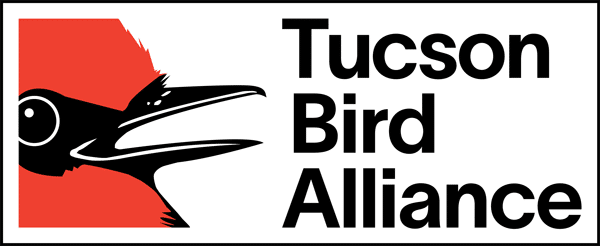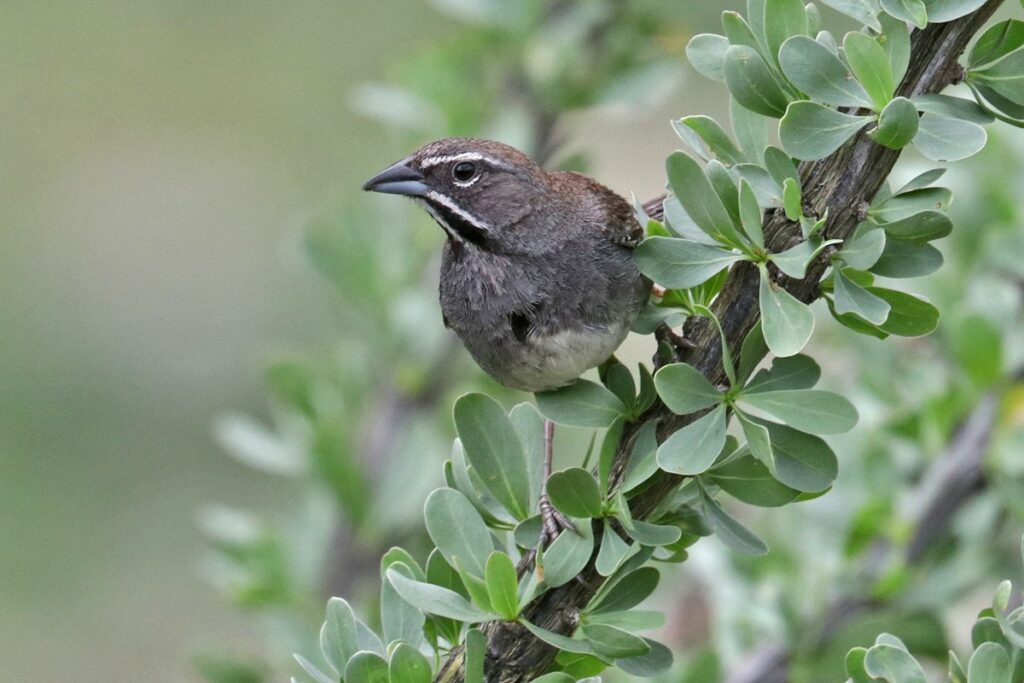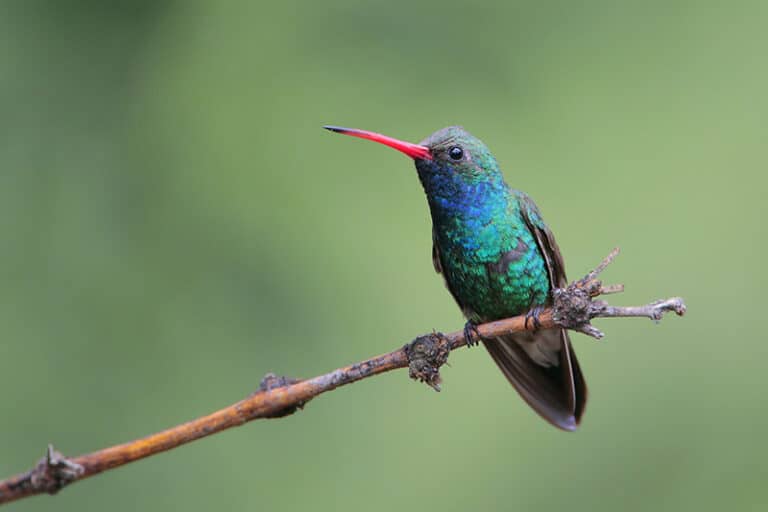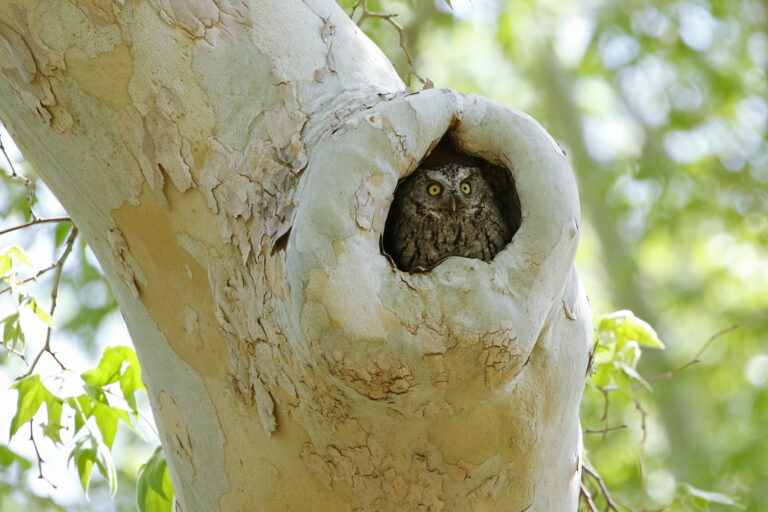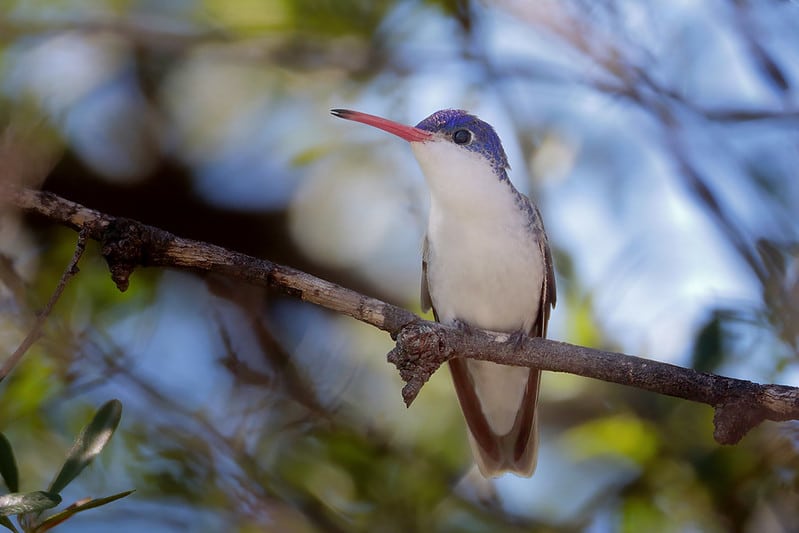Sparrows have a certain reputation among birders: “LBJs” (little brown jobs), difficult to see well, challenging to identify, and a bit dull. But then there are sparrows that defy the stereotypes of the family, and Five-striped Sparrow is one of them. Although it can be hard to see well, this sparrow is neither dull nor hard to recognize, with its stern black and white face pattern and warm rusty tones on the back.
Although it was once placed in the genus Aimophila along with a potpourri of other arid country sparrows, taxonomic revisions have left the Five-striped Sparrow alone with its closest relative, the Black-throated Sparrow in the genus Amphispiza (edit: now it’s all alone in Amphispizopsis). The resemblance of the two species is striking, but while Black-throated is widespread and adaptable to a variety of desert and desert grassland habitats, Five-striped is much more particular about where it can make its living, which lends it some special cachet among birders.
In fact, I think Five-striped Sparrow is among the upper echelon of Southeast Arizona specialty birds that birders visiting from other regions dream of seeing. Why is that? In part it has to do with the overall distribution of the species. Five-striped Sparrow inhabits the arid thornscrub and tropical deciduous forests that flank the Sierra Madre mountains of western Mexico. Five-striped Sparrow is best thought of as a west Mexican species, with just a small population outpost in the US.
There’s also a mystique associated with the rarity of the species in Arizona, and the sorts of locations where Five-striped Sparrows are found: steep, rugged foothill canyons that are susceptible to flash floods during the monsoon season, which is precisely when the species is most territorial and therefore most active and visible. Over time the species was found to be a regular breeder at California Gulch, a notoriously hard-to-reach site in the mountains west of Nogales. Recently, Five-stripes have been found at more accessible locations in the canyons along the western and northern flanks of the Santa Ritas. It does seem that Five-striped Sparrow has experienced something of an expansion in the last decade. Fortunately for those of us who appreciate knowing we can now go out and look for this handsome species without the risk of getting stranded in a remote canyon in the middle of nowhere, it now strikes the perfect balance of rarity and dependability.
Image by Richard Fray
